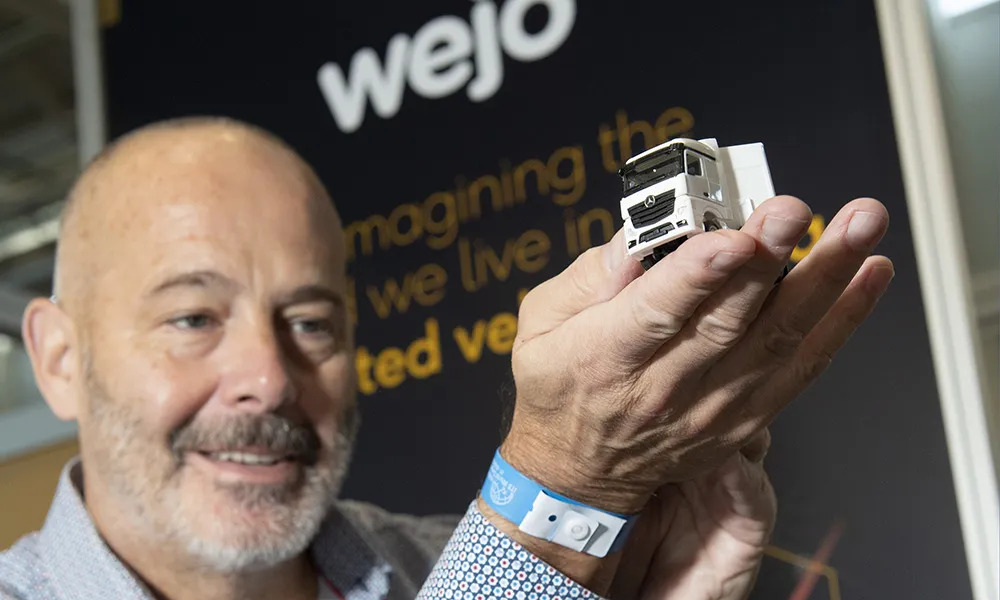
Wejo Group has partnered with Roadside Telematics Corp (RTC) to give emergency services more journey information as they travel to calls.
Wejo RTTI (Real-Time Traffic Intelligence) will give first responders access to real-time comprehensive traffic data through RTC’s RoadMedic software.
RTTI takes a real-time view of traffic conditions and road safety incidents using aggregated data derived from millions of connected vehicles, so can be used to find the fastest and safest route to the scene of a crash.
Wejo says RTTI will enhance RoadMedic, embedded in the operating systems of connected cars and autonomous vehicles, which provides "instant crash detection combined with intelligent crash data".
Wejo is "helping first responders understand, anticipate, and respond to what is happening on roads and highways to make informed decisions about their action plans during vehicular emergencies”, said founder and CEO Richard Barlow.
RTTI offers ultra-low latency, highly granular traffic updates and accurate traffic events, real-time speeds and travel times for roads, the company adds.
Lawrence E. Williams, CEO of RTC, says: "As we continue to provide better pre-arrival information to first responders about the severity of a crash and the likelihood of severe injuries, RoadMedic plans to launch the first connected camera-based emergency takeover technology for autonomous emergency takeover situations."
RTTI is available via APIs and Wejo says it can also help ride-sharing applications, logistics companies and other gig-economy companies improve estimated time of arrivals and implement dynamic pricing for congestion charging on routes, at tolls and for parking.










